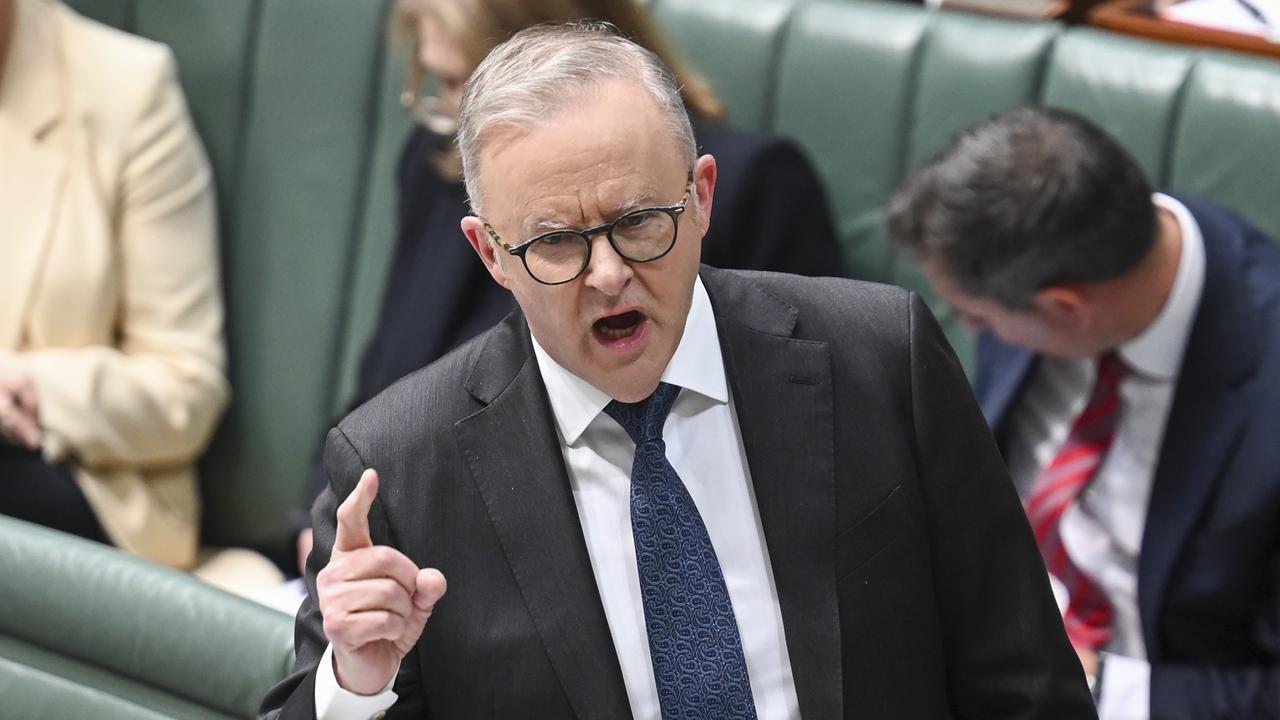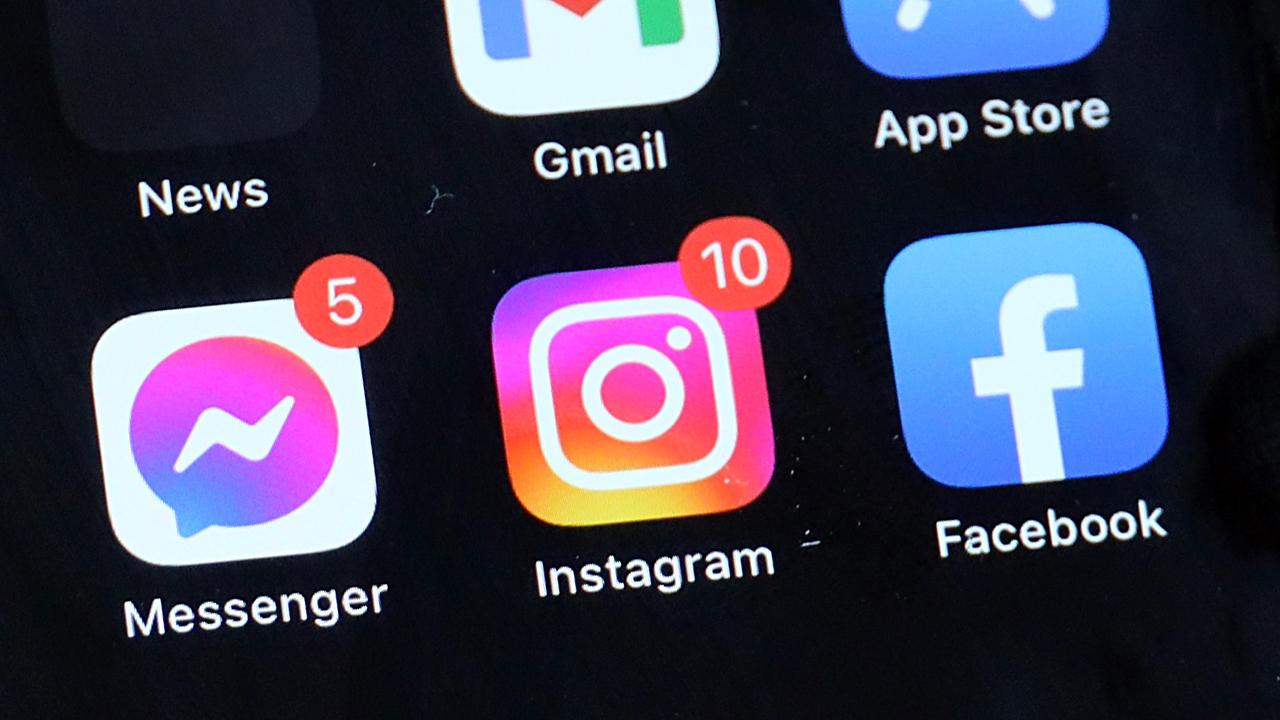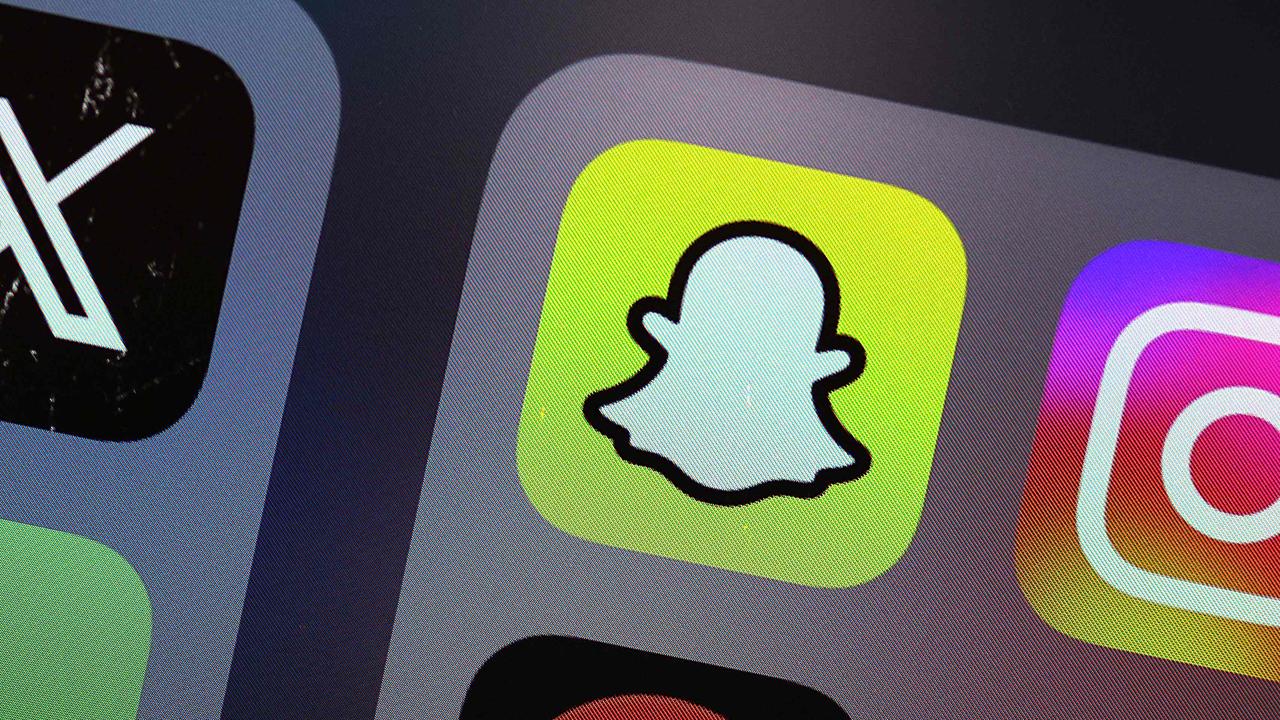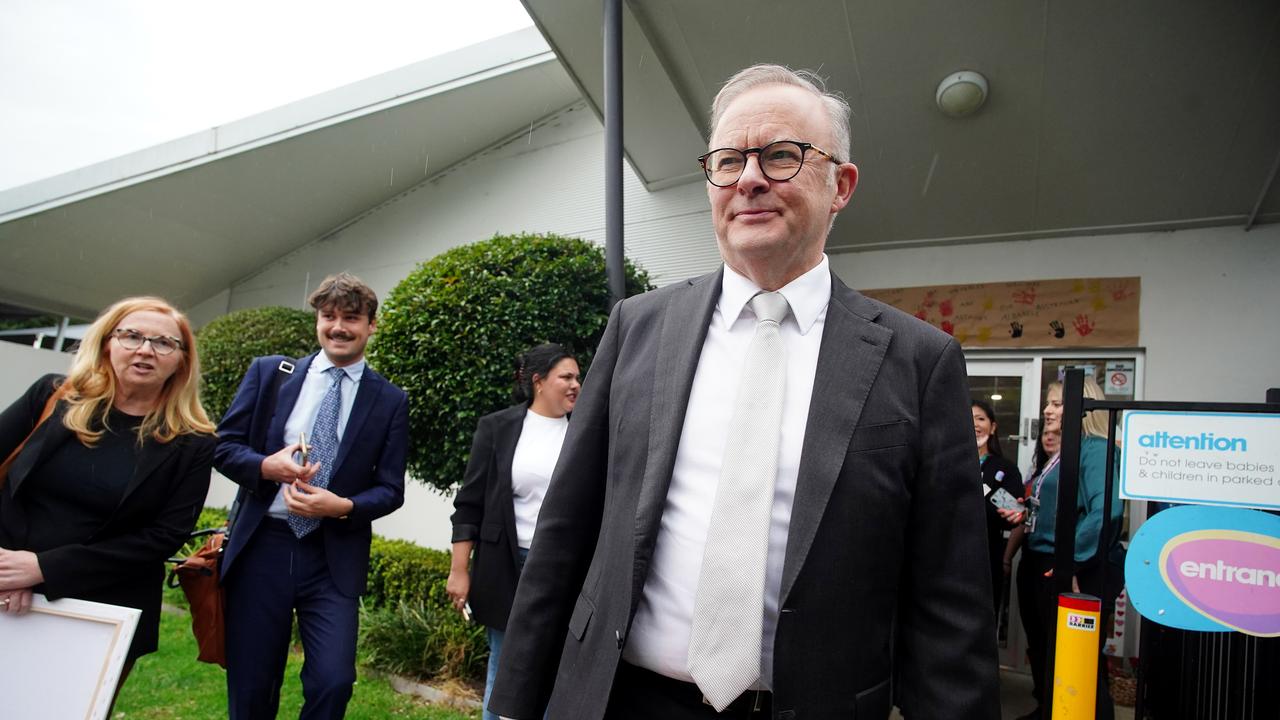‘Enough is enough’: Fed up PM confirms nationwide social media ban - and reveals how it will work
Anthony Albanese has revealed how a nationwide age-based ban on social media accounts, including Snapchat, Instagram and Facebook, will work.
Facial recognition technology may be deployed to stop children accessing Snapchat, Instagram and pornography in Australia under landmark new laws
Prime Minister Anthony Albanese has confirmed it’s one of the technologies under consideration to set an age limit banning younger teenagers from social media.
But he’s conceded that placing age verification limits on social media will be a challenging task that may involve trial and error.
Speaking on Sunrise, host Nat Barr said, “the big question now - how is it going to work?.”
“What we want to do Nat, is to get our kids off their devices and on to the footy fields or the netball courts to get them interacting with real people having real experiences,” the Prime Minister said.
“And we know that social media is doing social harm.
“We want to make sure we get it right, but we want to make sure as well that we act which is why we have said we will introduce legislation before the end of this year.
Mr Albanese said that social media companies needed to show some social responsibility.
“We need to act as a society. When my son was young this was an issue more than a decade ago,” he said.
Sunrise host Nat Barr said that “the only problem is no country in the world has successfully been able to do this.”
“In the UK, they have trialled it for adult sites, in France they have legal challenges, same in Germany. In the US there has been 1,000 per cent increase in VPNs to bypass it,” she said.
“Exactly how do you think we can achieve this?.”
Mr Albanese said “that is why we are doing the trial to get it right”.
“If it was easy it would have been done around the world. But just because something is hard doesn’t mean that you shouldn’t try.
“We want to work with parents to work with companies, to work with state and territory governments to make sure that we act in this area.”
The Prime Minister declared “enough is enough” as it was announced the government would bring in on age limits for social media accounts for kids to protect against the damage caused by social media giants including Snapchat, Instagram and Facebook.
Mr Albanese will formally announce a fast-tracked ban before the next election, which is due to be held in the first half of 2025, although the age limits and the start date have yet to be finalised. The question of how to tackle younger teenagers who already have Snapchat and Instagram accounts is yet to be determined.
South Australia has proposed an outright ban for kids under 13 and parental consent between the ages of 14 and 15. Rolling out that option across the country is under consideration.
However, the Prime Minister will not stipulate an age limit for now as investigations and trials continue and negotiations commence with social media companies.

Mr Albanese will pledge to introduce legislation in this term to enforce a minimum age for access to social media and other relevant digital platforms. It will be informed by engagement with the National Cabinet and draw on recent work by former Chief Justice, Robert French.
“We know that technology moves fast. No Government is going to be able to protect every child from every threat – but we have to do all we can,’’ the Prime Minister said.
“Parents are worried sick about this. We know they’re working without a map – no generation has faced this challenge before.

“Which is why my message to Australian parents is we’ve got your back. We’re listening and determined to act to get this right.
“Too often, there’s nothing social about social media – taking kids away from real friends and real experiences.
“Australian young people deserve better. I stand with them and with all Australian parents in protecting our kids.”
The proposal is likely to secure bipartisan support, with Liberal leader Peter Dutton also backing a ban as concerns mount that some social media companies are being misused by criminals to sell vapes and drugs to children.
The changes would see Australia join France and Europe in trialling a social media ban amid rising concerns about the impact on teenagers’ mental health.

Mr Albanese said the experiment of allowing children unfettered access to smartphones and social media had devastating impacts for some families.
“The safety and mental and physical health of our young people is paramount,’’ he said.
“Parents want their kids off their phones and on the footy field. So do I.
“We are taking this action because enough is enough.”
South Australian Peter Malinauskas, who led the charge to introduce the bans, said that, as a father of four, he was deeply concerned about the impact of social media on vulnerable teenagers.
“This is a problem that demands swift and decisive leadership, and I thank the Prime Minister for demonstrating it,’’ the SA Premier said.

“The evidence shows early access to addictive social media is causing our kids harm.
“This is no different to cigarettes or alcohol. When a product or service hurts children, governments must act.”
The National Cabinet discussed the issue formally and informally last week with all jurisdictions committed to tackling this issue.

“Parents are looking for real solutions to what is a legitimate national concern about harmful online environments and addictive behaviour on social media for children,’’ Minister for Communications Michelle Rowland said.
“We expect platforms and online services to do their share – because we want to make sure Australian kids can use the internet in an age-appropriate way that supports their learning and lives in a positive way.
“The $6.5 million age assurance trial, which commenced from 1 July this year, will be an important input on this journey.”




